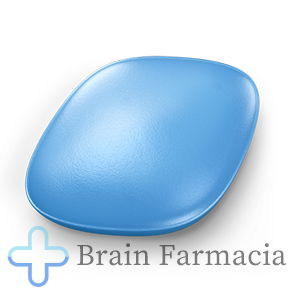Understanding Hypertension
An Overview of Hypertension:
Hypertension, commonly referred to as high blood pressure, is a chronic medical condition characterized by elevated blood pressure in the arteries. It is a major risk factor for cardiovascular diseases such as heart attacks and strokes. Blood pressure is measured using two values: systolic pressure (the pressure in arteries when the heart beats) and diastolic pressure (the pressure in arteries when the heart is at rest between beats).
Causes and Risk Factors:
A variety of factors contribute to the development of hypertension. Some common causes include:
1. Family history of hypertension.
2. Unhealthy lifestyle habits such as smoking, excessive alcohol consumption, and a sedentary lifestyle.
3. Obesity or overweight.
4. High salt intake and a diet rich in processed foods.
5. Chronic conditions like diabetes, kidney disease, and sleep apnea.
While some risk factors are beyond our control, adopting a healthy lifestyle can significantly reduce the risk of developing hypertension.
Signs and Symptoms:
Hypertension is often referred to as the \"silent killer\" because it typically does not cause noticeable symptoms until it reaches an advanced stage. Some individuals may experience symptoms such as:
1. Headaches, especially in the morning.
2. Dizziness or lightheadedness.
3. Shortness of breath.
4. Blurred vision.
5. Chest pain.
However, it is important to note that these symptoms are not exclusive to hypertension and may be indicative of other health conditions. Regular blood pressure checks are crucial for early detection.
Treatment and Management:
The primary goal of hypertension treatment is to lower blood pressure and reduce the risk of complications. Lifestyle modifications play a crucial role in management and can include:
1. Adopting a healthy diet rich in fruits, vegetables, whole grains, and lean proteins.
2. Engaging in regular physical activity and maintaining a healthy weight.
3. Limiting sodium intake and avoiding processed foods.
4. Managing stress through relaxation techniques or therapy.
In addition to lifestyle changes, healthcare providers may prescribe medications to control blood pressure. It is important to closely follow the prescribed treatment plan and attend regular check-ups to monitor blood pressure levels.






